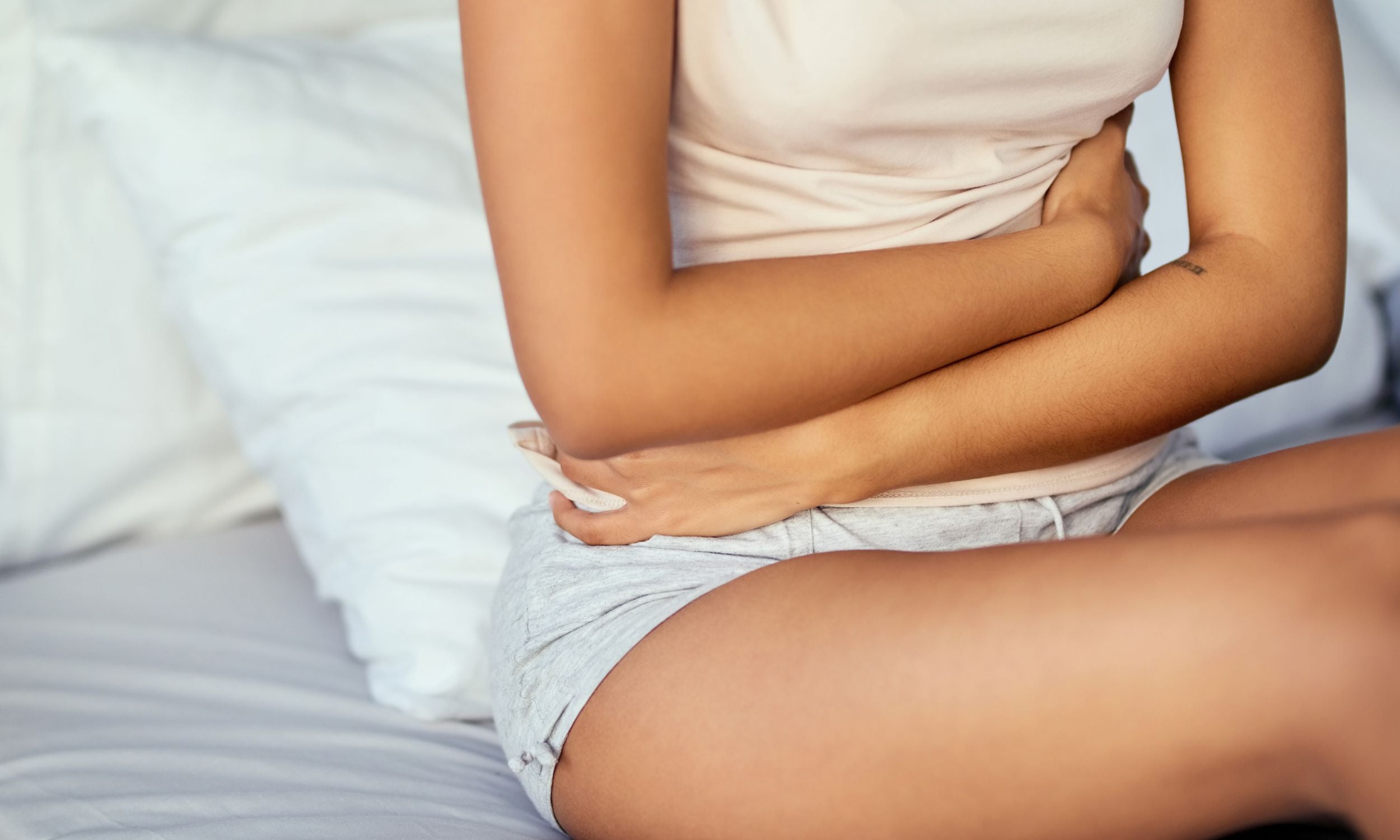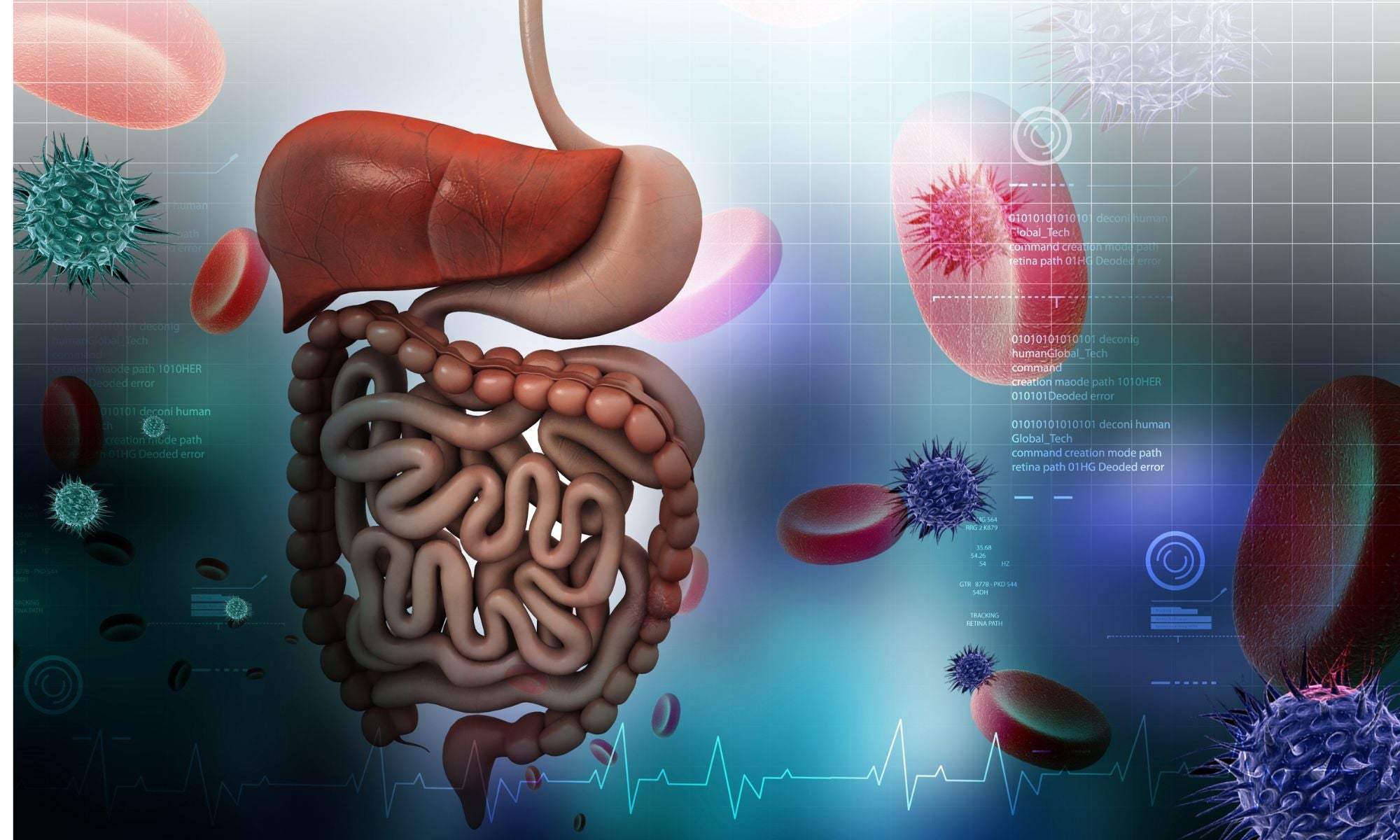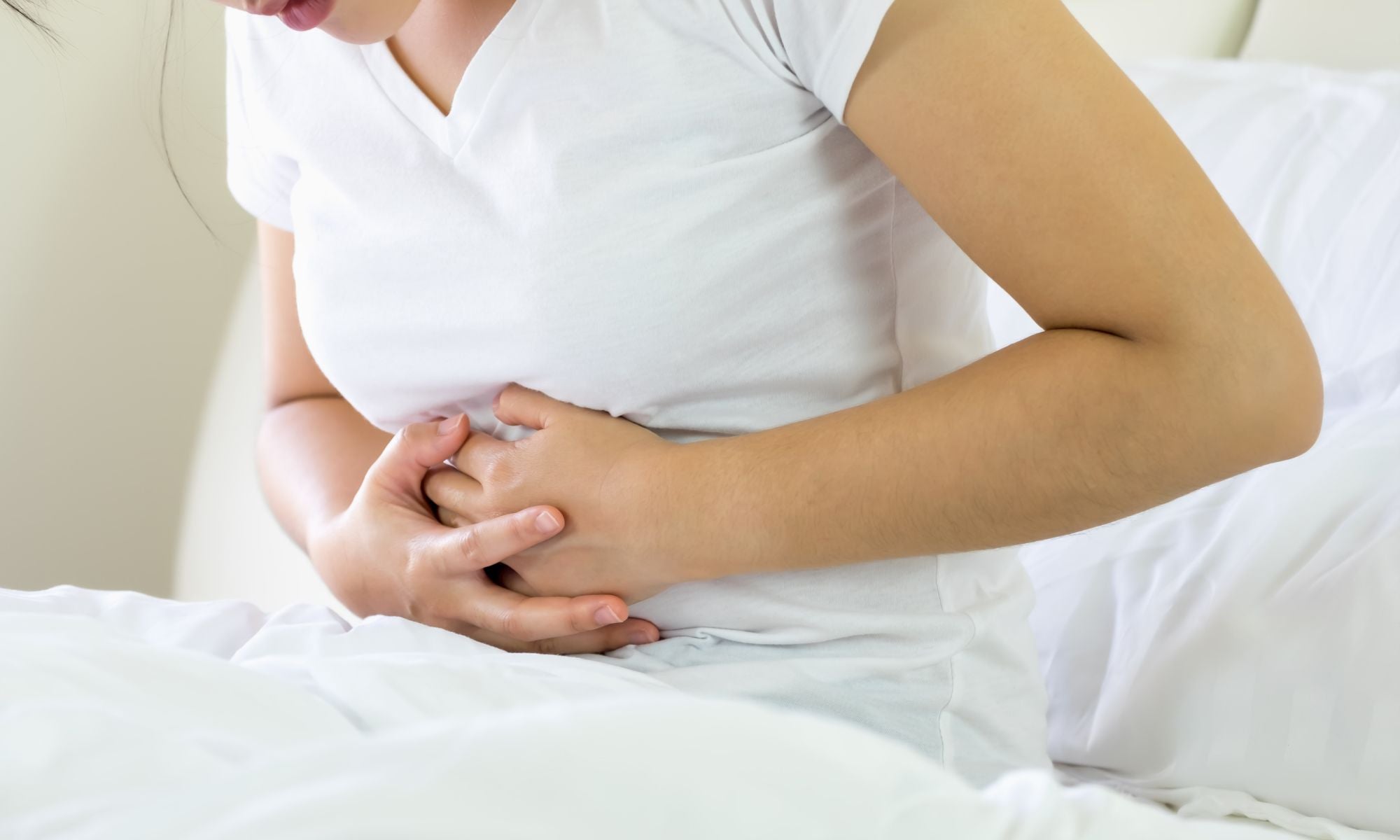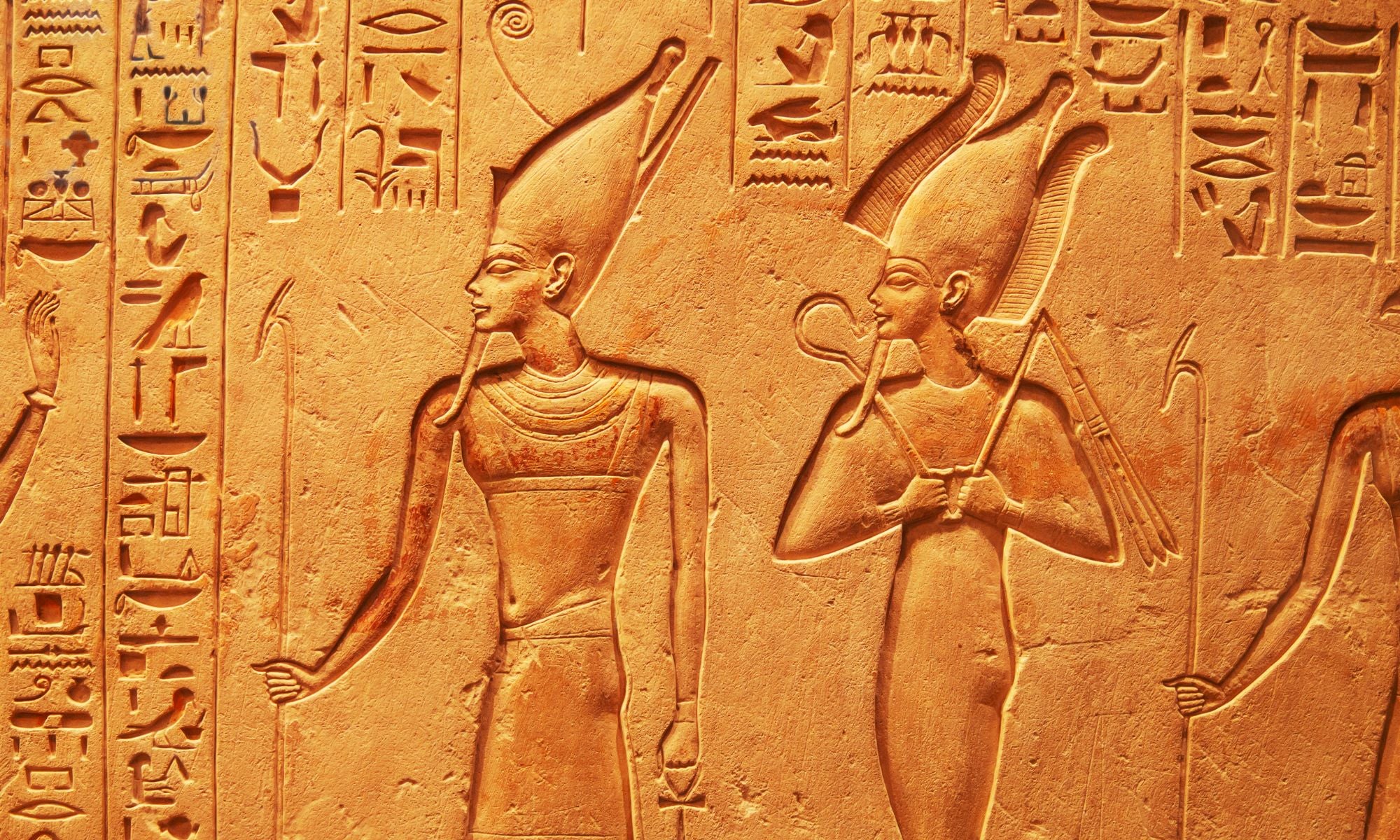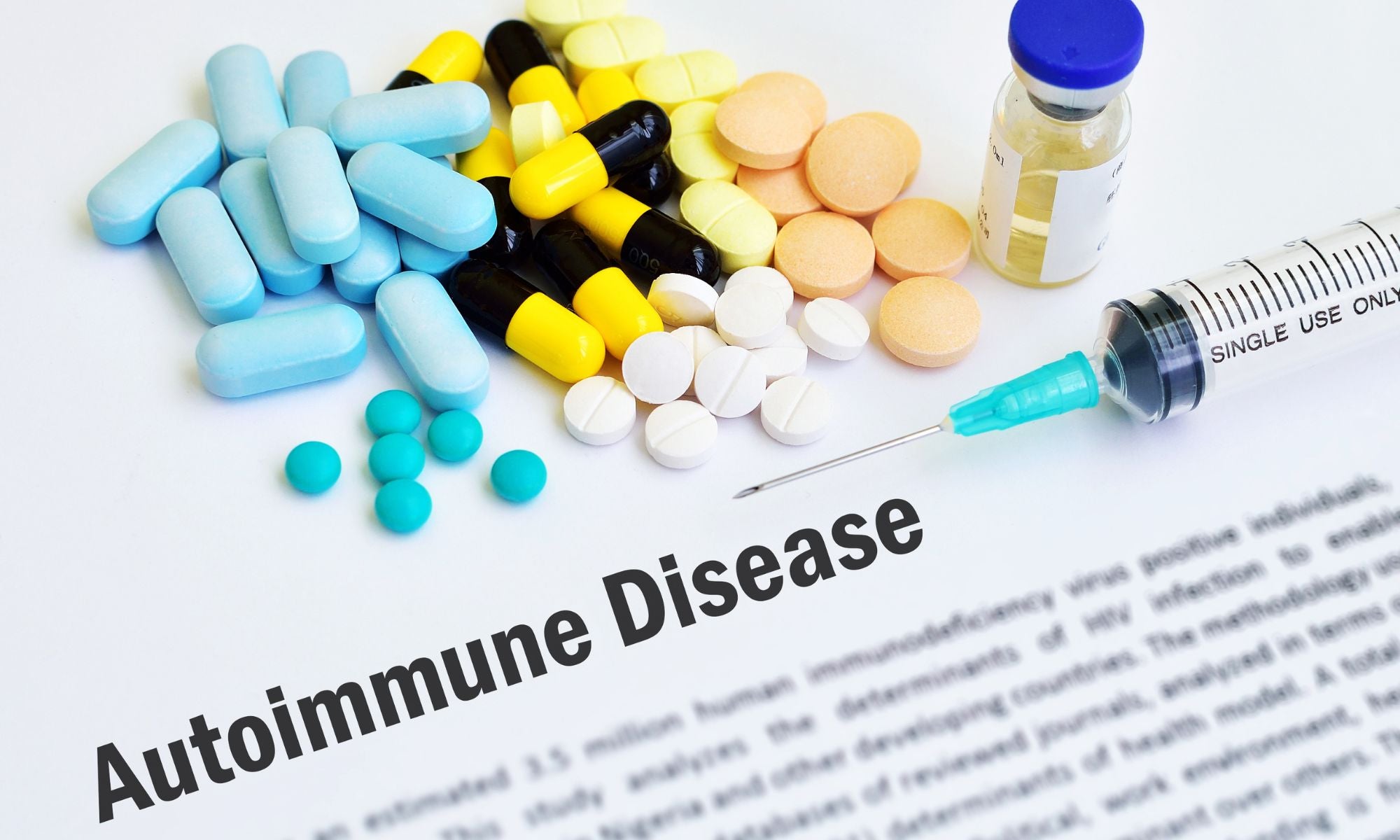
Obstructed Defecation Syndrome
Introduction
If you're one of the millions suffering from constipation, you know it can be a real pain. But things get even worse when your bowel movement is blocked without any urge to go. This condition is called Obstructed Defecation Syndrome (ODS). It's not common but occurs among older adults and those who have had a colostomy bag. ODS can cause severe abdominal pain and discomfort, decreased appetite, and weight loss if left untreated. However, treatments for ODS are available, such as enemas and suppositories.
What is Obstructed Defecation Syndrome (ODS)?
Obstructed Defecation Syndrome (ODS), or fecal impaction, is a condition that causes difficulty passing stool. It occurs when there is an obstruction in the colon. The colon is the last part of your digestive system, absorbing water and nutrients from food before passing them out of your body as waste.
ODS can be caused by a blockage anywhere along this long tube, but most commonly, it's caused by hard stool that accumulates in your rectum due to constipation. This blockage may cause pain or discomfort when you try to poop.

Causes of ODS
- Obstructions in the rectum or colon:
- Obstructions caused by tumors include colorectal cancer, angiodysplasia a (abnormal growth of blood vessels), or diverticular disease. These obstructions can be removed during surgery.
- Inflammatory bowel disease (IBD) is an autoimmune condition that affects many people with Crohn's disease or ulcerative colitis, which causes inflammation within the large intestine or colon. The inflammation can cause narrowing of the intestine, leading to obstructed defecation syndrome.
- Scarring from previous surgeries: If you've had multiple surgeries on your abdomen or pelvis, scar tissue may build up around your anal canal; this scar tissue can block passage through this area into your rectum and cause obstructed defecation syndrome. Suppose a surgeon sutures together layers of skin after removing an abscessed appendix, for example. In that case, there may not be enough space between each layer for waste material to pass through—a problem that can lead to ODS later on down the road!
Symptoms and Diagnosis
- Symptoms of ODS include constipation, bloating and pain.
- Diagnosis is made by a doctor examining your abdominal area and taking a stool sample.
Treatment
Your doctor will likely recommend the following treatments:
- Laxatives. You can use a stool softener or laxative to help move things along, but these drugs may not work if you have an obstruction.
- Enemas. Your doctor may give you an enema, a liquid inserted into your rectum with a tube and instilled into your colon to help with bowel movements or clean out waste material from the colon.
- Your doctor may recommend surgery if other treatments don't work or if there's severe damage in your bowel area, such as cancer cells that have spread to nearby tissues.
There are treatments for ODS, and these include the use of enemas.
If you have ODS, there are treatments for the condition. In most cases, these include the use of enemas. Enemas are safe and effective for treating ODS, primarily when used with other treatment methods, such as laxatives or stool softeners.
An enema may be a good option if you can't use laxatives or stool softeners due to prescription restrictions or other reasons.
You can purchase a good quality enema kit over the counter and online. Medisential has premium quality enema kits that are convenient and safe to use, with a step by step guide for easy administration

Conclusion
The treatment of ODS depends on the cause. If it is due to constipation, then laxatives may be used, but if you have already tried these and they didn't work, then there are other treatments, such as enemas or colonic irrigation.


